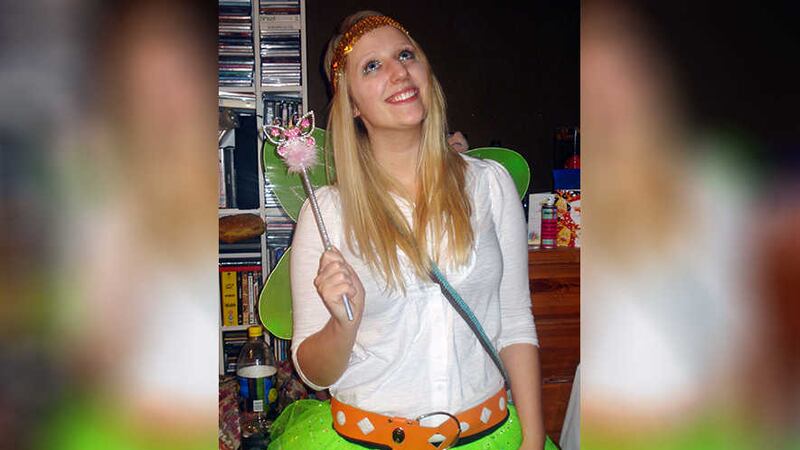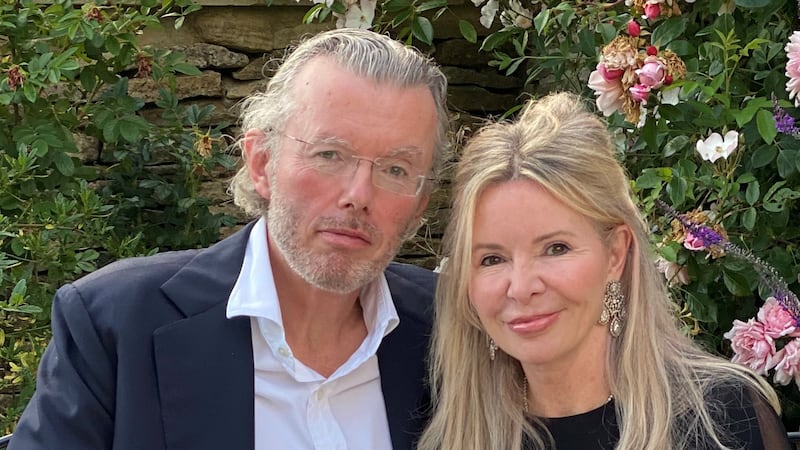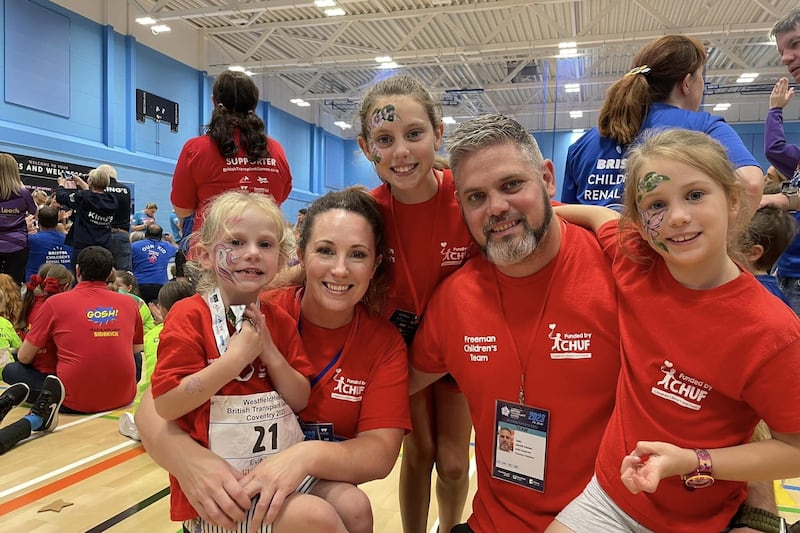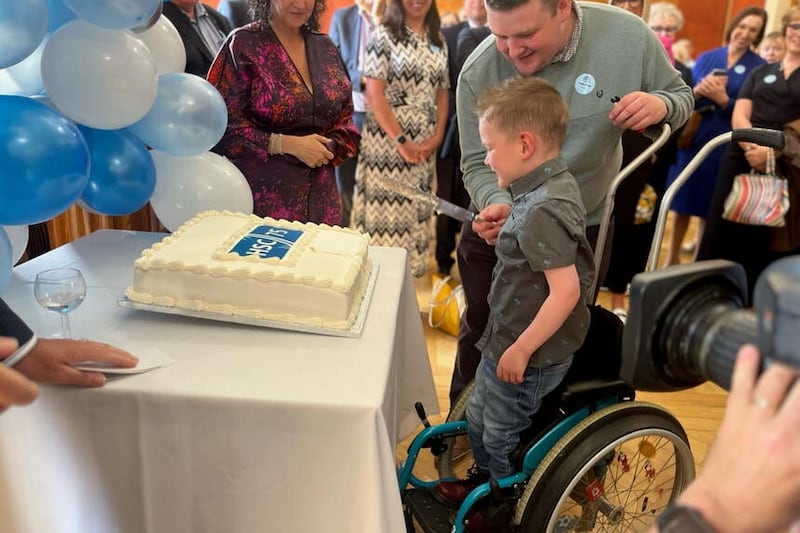A RECORD number of people donated their organs after death in the last year but around four in 10 families still refused consent on their relatives' behalf, according to a new report.
Figures from NHS Blood and Transplant (NHS BT) showed a 6% rise in the number of deceased donors to 1,364 in the year to March 31 2016, leading to a 4% increase in the total number of patients who had an organ transplant from 4,432 in 2014/15 to 4,601 in 2015/16.
But the service said improving the family consent rate, which increased only slightly to 62%, remained a "significant challenge".
The NHS is targeting an 80% consent rate by 2020 but the figure has only climbed 5% since 2013.
NHS BT said nine out of 10 families agreed to donation when they were aware of their loved ones' intentions, but this fell to fewer than five in 10 when the deceased's wishes were unknown.
The family of Rosalind Hurt, who died from a pulmonary embolism in 2012, said they supported her decision after she registered as an organ donor at the age of 16.
The 24-year-old from Middlesex donated her kidneys, liver, heart and corneas to five people and her father Trevor Hurt said: "We were all in total agreement that her organs should be used to help as many people as possible.
"She would have seen no sense in being buried or cremated with all her organs."
Sally Johnson, director of organ donation and transplantation at NHS BT, said: "We're very grateful to every family who supported a relative's decision to donate or who made the decision to donate on behalf of their loved one last year.
"Quite simply, without them being willing to support donation more than 3,500 transplants couldn't have taken place.
"Many families tell us they take huge comfort in knowing that their relative has saved the lives of others.
"Talking to your relatives about what you want is crucial as it is much more difficult to agree to donation when you don't know what the patient would have wanted."
Some 6,476 patients were on the transplant waiting list as of the end of March this year, a decrease of around 4% on the previous year.
The report also said 466 patients died while on the active waiting list for a transplant and a further 881 were removed because their deteriorating health left them ineligible for a transplant.
Meanwhile, the number of living donors fell slightly to 1,075, amounting to around half of the total number of organ donors in 2015/16.
NHS BT also appealed to families from a black and ethnic minority background, whose consent rate last year was 34% compared to 66% of white families.
Ms Johnson said: "It is especially important for people from our Black and Asian communities to talk about organ donation.
"I realise that this is a very difficult subject but there are many Black and Asian people who need a transplant.
"While some are able to receive an organ from a white donor, others will die if there is no donor from their own community."








